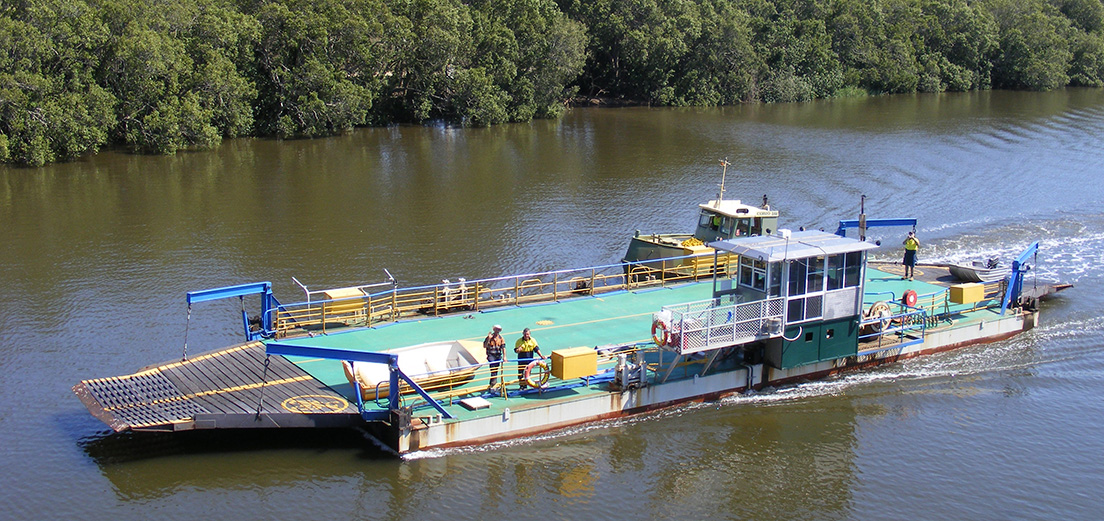APS reveals some of its key focus areas to advocate for additional government investment to support the psychology profession in 2024.
Resilience has been a key tenet of the Australian identity for a long time, but after enduring multiple economic, environmental, health and social challenges – many of which are ongoing – those resilience levels are eroding for many people.
We know this resilience could be restored if psychology services in Australia were bolstered.
If every Australian had access to critical support when they needed it, we’d be stronger. If we invested in early intervention methods for youth mental health issues, we’d be stronger. If we gave psychologists more tools and training to respond to the wellbeing issues that are arising from our climate crisis, we’d be stronger.
“An investment into our psychology sector is an investment into a stronger and more resilient Australia,” says Dr Zena Burgess, APS CEO. “Psychology has a crucial role in supporting all Australians to live a life that is healthy, secure, sustainable, cohesive and contributes to the economy.”
Earlier this week, APS published its pre-budget submission for 2024-25, revealing some of the key advocacy areas for the organisation in 2024.
“This document is an important marker for new funding opportunities for the psychology profession in 2024,” says Burgess.
“The recommendations we’ve put forward this year are an opportunity for innovative and future-facing investments, designed to enable the profession to enhance Australia’s resilience and wellbeing in the face of climate change and increasingly frequent disasters.
“However, while these pre-budget recommendations will form a key focal point for advocacy on additional investment opportunities, we will continue to respond to timely and important issues for the profession as they arise.
“We are continuing to work closely with governments on key policy areas, including enhancing the size and capabilities of the psychology workforce, shaping the future of education pathways for psychologists, psychology practice under the Better Access scheme, and partnering with the government in the implementation of key reform areas, including the NDIS review final report.”
What APS is advocating for in the 2024 pre-budget submission
With a strong focus on youth mental health, climate change and enhancing our understanding of the opportunities and impacts of AI, the APS sees opportunities to both improve existing support mechanisms and innovate in other areas.
“Many of the areas of improvement require immediate attention,” says Burgess. “And where we’ve called for innovation, we hope to see immediate investment in order to reap longer-term rewards.”
Improve
Under the ‘improve’ pillar, APS is calling for:
• Expansion of the to proactively prepare communities for the impact of climate disasters and continued investment into APS’s disaster resilience training, which following a natural disaster.
• The development of evidence-based school programs, delivered by school psychologists, to equip students with strategies to cope with adversity and better manage their stress.
• The introduction of an immediate Medicare youth mental health safety net to enable more young Australians to access mental health services in an affordable and sustainable way.
Innovate
APS is calling on the government to innovate by investing in:
• The development of new evidence-based resources to support transitions of care between digital mental health services and professional-led mental health services.
• The provision of subsidised training and learning opportunities to help psychologists to use AI to support their clinical practice.
• Establishing a psychologist-led national panel of young Australians to understand the psychological and ethical impacts and needs relating to AI on our youth.
“By focusing on early detection and intervention in children and teenagers, and addressing the mental health gap that often exists in conversations about climate change, APS is helping lay important foundations for Australians to rebuild their resilience levels,” says Burgess.
Now and into the future
While investment in these critical areas will lead to long-term gains for Australians, immediate action is also needed.
For example, the prohibitive costs that prevent young people from seeking mental health support needs to be a top priority for our government.
“We know that nearly 40% of 16–24-year-olds experience a mental health disorder. That number is far too high. There are important interventions we can make to reduce this number,” says Burgess.
We also need immediate action on climate-related mental health issues.
“We’re only one month into the year and we’re already seeing further devastation to Australian communities via fires, floods and cyclones. We can’t underestimate the mental toll this can have on people,” says Burgess.
So far, over 800 APS members have undergone disaster response training and volunteered their time through the APS DRN to support first responders to manage the mental aftereffects of a disaster, and we’ve been able to conduct over 600 wellbeing checks over the past 18 months.
“But we still need more psychological support on the ground – for those who’ve experienced the disasters and the first responders who’ve supported them. That’s why the APS DRN program is so important,” she says.
As well as supporting APS to expand the deployment of the DRN, we’re also calling for funding to support the creation of:
Group-based psychosocial wellbeing workshops and community forums in disaster-impacted areas to facilitate community-led recovery in a culturally safe way.
Self-care and resilience-building resources for frontline workers and the broader community.
Targeted programs to proactively provide culturally safe, co-designed psychosocial support to communities in times of crisis.
“Disasters don’t end once the flames have died down or the flood waters have receded. In many instances, this is when the most difficult work begins because people have to navigate loss and uncertainty. The shock wears off and their new reality sets in.”
APS is looking forward to working closely with the Government to deliver these important initiatives.
We’ll be diving deeper into these topics over the next few weeks, speaking with a range of policy and subject matter experts, so keep an eye on your inboxes for more details.







